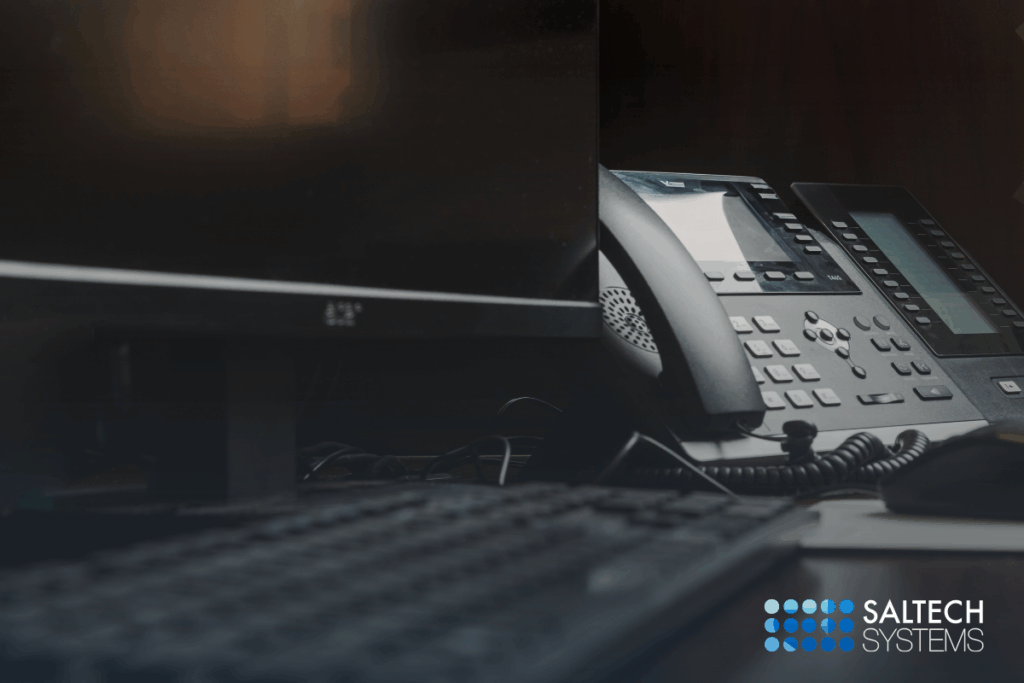Why Your Business Needs Multi Factor & Two Factor Authentication Now
In today’s threat landscape, weak passwords aren’t enough to protect sensitive business data. Whether you call it Multi Factor Authentication (MFA) or Two Factor Authentication (2FA), these systems provide crucial layers of defense that no hacker can easily bypass. For business owners, understanding and implementing these security tools in non-negotiable.
What are MFA & 2FA?
Multi Factor Authentication is a security method requiring users to present two or more pieces of evidence before accessing an account: something they know (password), something they have (authenticator app or token), and something they are (biometrics). When exactly two factors are used- typically a password plus a code- it’s called Two Factor Authentication. These terms are often used interchangeably, and both are essential for strong identity protection.
Why These Matter for Business Owners
Cyberattacks hit small businesses hard. Over 43% of cyberattacks target small businesses, and the financial impact can exceed $2 million per incident. A password only approach leaves businesses vulnerable. MFA and 2FA act as vital safeguards when login credentials are compromised.
A 2023 study on Azure accounts found Multi Factor Authentication protects 99.99% of users from unauthorized access and reduces compromise risk by 99.22%.
MFA vs 2FA: What’s the Difference?
2FA uses exactly two proofs, typically a password plus a code of a push notification. MFA can use two or more proofs, offering flexibility with biometrics, hardware tokens, or app-based authentication. Both enhance security but MFA allows tailored solutions to business needs.
Real-World Authentication Examples
- Employees log in with a password, then approve a push notification in an authenticator app.
- Users receive a one-time code via text message.
- Staff use fingerprint or facial recognition for device access.
Note that SMS-based methods, while better than nothing, remain vulnerable to SIM-swapping attacks. Authenticator apps or hardware tokens provide stronger protection.
Common Implementation Pitfalls
-
MFA fatigue, where attackers bombard users with approval requests.
-
Phishing targeting users with fake login pages to capture 2FA codes.
-
Partial rollouts that leave some user accounts, admin access points, or remote login systems unprotected.
Best practices include using app-based or token-based MFA and enforcing MFA on all critical systems, such as email, VPN, and admin consoles.
How to Deploy MFA & 2FA in Your Business
-
Audit all points of access to your systems, including email and remote desktops.
-
Choose authentication methods that balance security and convenience—app-based, phone-based, or hardware.
-
Enforce usage for every employee, admin account, and third-party user.
-
Train employees on recognizing phishing and MFA fatigue tactics.
-
Establish recovery plans with backup codes or alternate verification methods.
-
Ensure compliance with industry standards like PCI-DSS, which mandate multi-factor authentication for remote and admin access.
Industry & Regulatory Requirements
-
PCI-DSS requires MFA for remote and administrative access.
-
Europe’s Strong Customer Authentication mandate (PSD2) has required enhanced authentication for online payments since September 2019.
Saltech Systems: Your MFA Partner
At Saltech Systems, our Cybersecurity Services include robust MFA solutions to protect your systems and users. We also incorporate authentication into our Cloud Services for Small Businesses and broader Managed IT Security offerings.
FAQ (Schema-ready)
Is MFA the same as 2FA?
No. Two Factor Authentication uses exactly two proof factors; Multi Factor Authentication uses two or more, including options like biometrics or hardware tokens.
Will MFA slow daily operations?
MFA adds minimal friction—typically a quick code entry or app approval. The additional seconds are a worthy trade-off for significantly stronger security.
What if an employee loses their phone?
A solid recovery plan includes backup codes, alternate device registration, or secondary verification options to ensure uninterrupted access.

